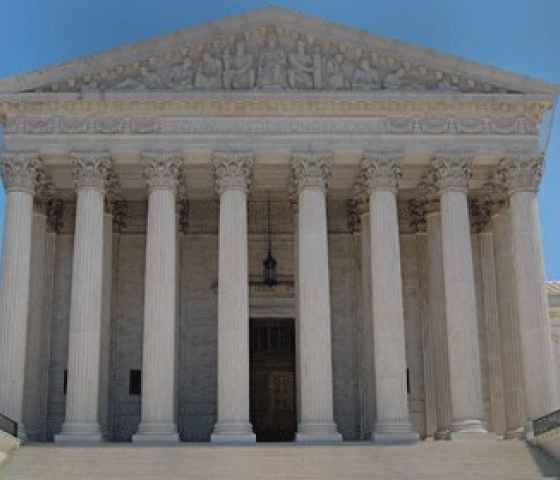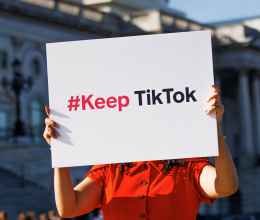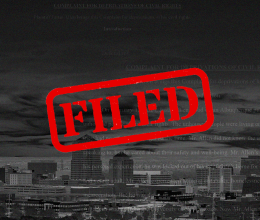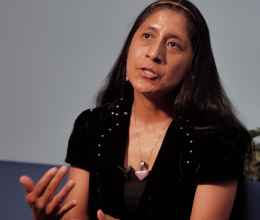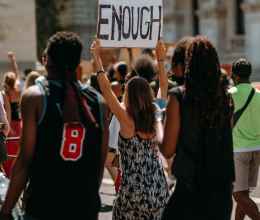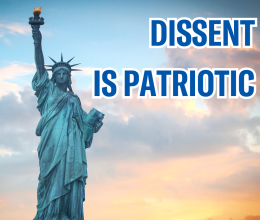By: Allie Lopez, ACLU of New Mexico Policy Intern
Allie Lopez was born and raised in New Mexico. She graduated from V. Sue Cleveland High School in Rio Rancho and is a student at Yale. She has been very involved in community organizing in Connecticut and coordinated actions advocating for a child tax credit, criminal justice reform, and improved community-university relations. She is interested in pursuing a career in immigration law.
This spring semester I was arrested on Yale campus in connection with student protests for a Free Palestine. This summer, I had the pleasure of speaking with New Mexico activists engaged in similar actions.
These student activists have a right to peacefully protest, speak, and express their opinions, yet they faced continual harassment at the hands of university and local law enforcement. In reflecting on their experiences, the activists believe the University of New Mexico (UNM) administration had no real intention of negotiating with them, though there is historical precedent for university action in the face of international crisis. Instead, activists say, the UNM administration attempted to weaken protestor camaraderie and undermine organizing efficacy by authorizing New Mexico State Police in riot gear to enter campus to arrest the assembled students and community members en masse.
The UNM Palestine Solidarity Encampment occupied the UNM Duck Pond for 24 days, during which time a near-constant police presence was maintained. Some protestors reported that police stripped them of soft sleeping materials, backpacks, and tents, items that were identified as abandoned property and not returned.
They also reported that the university administration ignored any protestor’s attempts at open dialogue until after the student union building’s occupation, instead authorizing the installation of a new surveillance system at the duck pond. The occupation was met with excessive force as officers lashed out physically at protestors, overturning furniture and accosting those who had complied with dispersal orders gathered outside the building.
Similarly, at New Mexico State University, protestors decided to occupy the Hadley Hall administration building after president Mónica Torres refused to accept a written request for open dialogue. Activists both inside and outside of the building were arrested by local law enforcement and state police officers alike. Several activists were reported to have been seriously injured in the altercation.
Efforts to disorganize and disband public protest have not been, and will never be, successful.
As student protestors have attempted to open dialogues within their universities, they have been met with unwilling administrators and police officers in riot gear. These campuses, which have long been spaces for community building, have become increasingly hostile toward the students and community members they serve. Rather than criminalizing student protests, university administration should be open to constructive dialogue.
Encampments for Palestinian liberation were preceded by months-long letter-writing campaigns, petitioning, and numerous calls to action which went unanswered by university leadership. Peaceful assemblages of concerned university affiliates were meant to call attention to the need for disclosure of university investments and divestment from Israel.
The right to protest is a pillar of American democracy, which we as a state recognize so much so that protections in place for New Mexico protestors extend beyond those contained in the First Amendment. Yet, our state-funded universities have refused to exercise restraint when responding to forms of speech and expression with which they do not agree.
As students have moved back onto college campuses, we aim not to resurrect the encampments but to reignite the sense of community built within them. It is only by relying on coalition that we can continue. Time and again, we have learned that we cannot rely on compliant institutions to protect us while expressing our views.
Efforts to disorganize and disband public protest have not been, and will never be, successful. Though the encampments have been dismantled and disbanded, the community built there has been struggling forward still.
